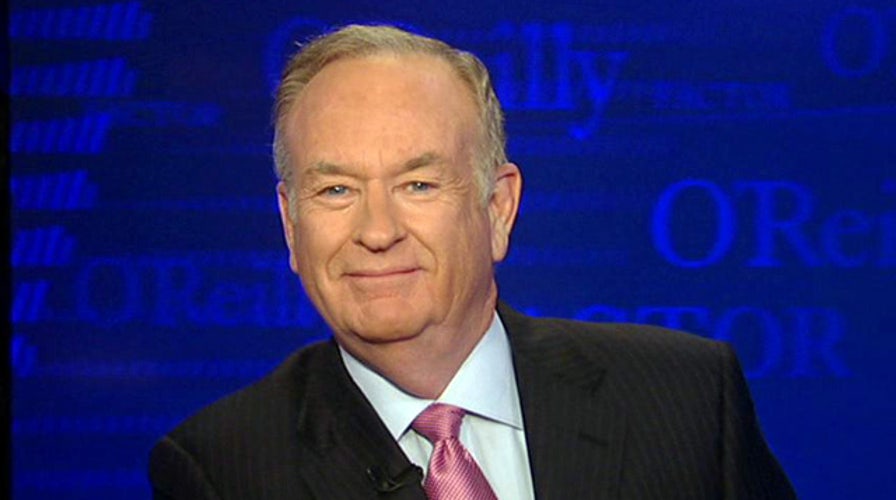Simply asking someone “Where are you from?” or calling America "the land of opportunity” is now considered offensive at some colleges and universities, where such "micro-aggressions" are detailed in training programs and seminars for new faculty and staff.
Other examples of “offensive” statements include, “I believe the most qualified person should get the job,” “Affirmative action is racist,” Everyone can succeed in this society, if they work hard enough,” When I look at you, I don’t see color,” and “I don’t believe in race.” A full list of these “offensive” statements can be seen here. The newly forbidden terms were initially identified in a 2007 American Psychologist publication by Columbia University’s Psychology and Education Professor Derald Wind Sue, that has now become a key training primer for incoming faculty at schools including the University of Wisconsin-Stevens Point.
“It does students no service to treat them like children — or to threaten to punish people for starting perfectly legitimate political convictions.”
“The only reason why we bring up the topic for our new faculty and staff is simply to make our faculty aware that students in their classrooms may perceive different statements in ways that are surprising," said Greg Summers, provost and vice chancellor for academic affairs at the school, which he said does not have an official policy on microaggressions.
The relatively new term refers to small slights and snubs that may not have been intended, but may be taken as minor insults. But a backlash has begun against the policing of what was previously considered innocuous speech, with many blogs and op-ed articles online crying foul about schools adopting Sue’s controversial list.
“In well-functioning democracies and universities, feelings will sometimes be hurt," said Harvard Law School Professor Cass Sunstein in a Bloomberg View article. “It does students no service to treat them like children — or to threaten to punish people for starting perfectly legitimate political convictions.”
The University of California is also in the spotlight for a similar situation — where it “offered these seminars [about microaggression] to make people aware of how their words or actions may be interpreted when used in certain contexts,” University of California Media Relations Representative Shelly Meron told Foxnews.com. But Meron insisted that no one's freedom of speech was being trampled upon.
“To suggest that the University of California is censoring classroom discussions on our campuses is wrong and irresponsible,” Meron added.
Some members of academia disagree about microaggressions and think UC has gone too far, with one wondering whether America's most revered civil rights leader would have run afoul of the campus code by famously stating people should be judged not by "the color of their skin but by the content of their character."
“I don’t think the University of California realizes how crazy it’s become," Tim Groseclose, an economics professor at George Mason University who left the California system, told Foxnews.com. ”According to that document, Martin Luther King Jr. would be guilty of micro-aggressions.”
Others say microaggressions are real and must be taken seriously.
“According to psychological and public health research, microaggressions can lead to negative health consequences including heart disease, diabetes, depression and substance abuse,” said Oi Yan Poon, assistant professor of education at Loyola University in Chicago.
“These statements may seem innocent, but…they underhandedly and subtly undermine the very real experiences with racism, sexism and other forms of oppression,” Poon said.
Sue said this topic is a very complicated and controversial issue to understand because “offensive” statements like “America is the land of opportunity” is not fully understood from the perspective of a minority American citizen.
“Tell [‘America is the land of opportunity’] to black people who were enslaved and brought over here. Tell that to Native Americans who had their lands taken away from them. Tell that to Japanese Americans during World War II who were incarcerated in concentration camps…it’s inspirational to hear that type of statement from a person who truly believes it, but it is not when you look at reality and the history of the United States,” Sue said.


